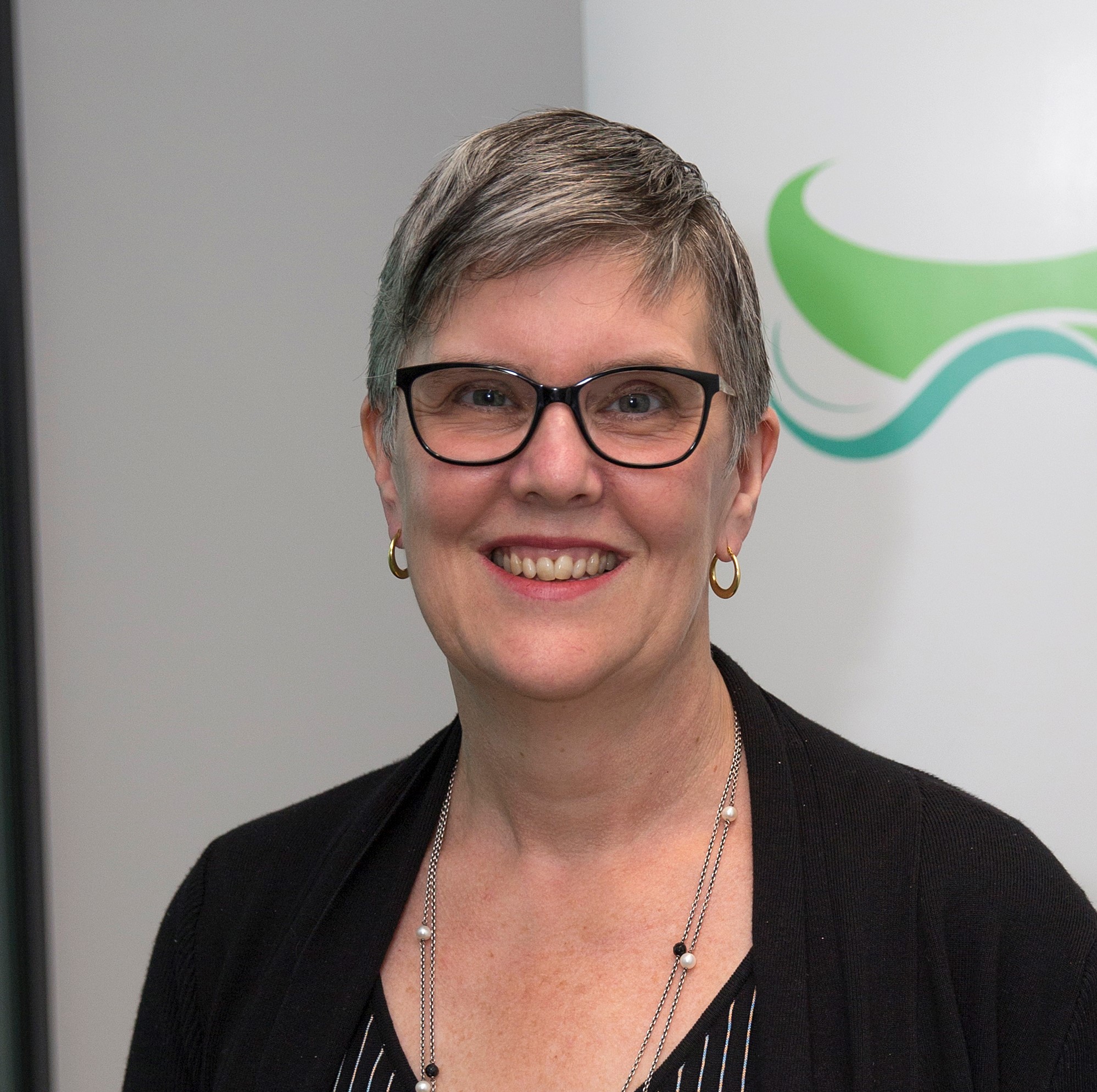

 So much has changed in the world and for APC this year. The work done by APC staff during the pandemic has been truly remarkable. They not only have ensured that the APC remains relevant and viable, but also that our work continues to ensure high quality outcomes for accreditation and examinations for now and into the future. It is a credit to their high performance, and to the leadership of Bronwyn our CEO, and the Executive team.
So much has changed in the world and for APC this year. The work done by APC staff during the pandemic has been truly remarkable. They not only have ensured that the APC remains relevant and viable, but also that our work continues to ensure high quality outcomes for accreditation and examinations for now and into the future. It is a credit to their high performance, and to the leadership of Bronwyn our CEO, and the Executive team.
I know this has been a particularly challenging time for many of our Board members. Universities have been hit hard by the global pandemic. They’ve had to turn around, in very short timeframes, their models for delivery of degree courses as well as seeing much of their research suspended. Delivering courses by remote learning is hard enough, doing it from home must have been an enormous challenge; one that the academics have risen to and delivered with little fuss or attention. The pandemic will continue to challenge the university sector for years to come as we settle into a new way of living and working into the future.
Our community pharmacy colleagues have also been doing it tough over the last few months. Especially as the hint of shortfalls in medication supplies caused public concern. Front-line community pharmacy staff have continued to serve the public despite personal risk. Our international colleagues have been harder hit than we have been in Australia. Community transmission in some countries has led to infection and even some deaths among community pharmacy staff. Community pharmacy now has a new Agreement with the Commonwealth. Let’s hope the Commonwealth recognises both the great job pharmacy has done during the pandemic and the likely challenges that the pandemic will bring to the supply chain for medicines.
Hospital pharmacists have worked hard to maintain the supply of medicines to our patients. This includes both the critical care medicines needed to treat ICU patients, and the essential medicines needed to ensure patients without COVID infections can continue to be treated safely and effectively. For many hospital pharmacies, there was a need to act quickly to secure additional spaces for medicines storage. We also needed spaces to ensure staff working in our traditionally crowded hospital pharmacies could appropriately personally distance. For my teams, this meant standing up a number of new storage and dispensing areas, as well as a complete redesign of our models of care. Particularly for our clinical pharmacy teams.
My hospital at Monash Health, has put plans into place to increase the number of ICU beds should they be required for any future surge. Our teams have needed to plan for this number of patients needing a range of critical care medicines. A number of Australian hospital pharmacy services have had staff infected with COVID. Many have also needed to spend time in quarantine due to being identified as close contacts of others infected with the virus. Fortunately to date, a very small number of my team have been diagnosed with the infection, all community contracted, but we have had a few anxious days awaiting testing of many more staff who have exhibited the classic symptoms of the disease, or who have been identified as close contacts.
Pharmacists have also been at the forefront of data analysis to determine what impact COVID-19 has had on medical supplies. They have worked with the states and the Commonwealth on real-time data, monitoring:
This work has highlighted that skills in research, data analytics and informatics are important for us to attain. They are core skills that pharmacists of the future need.
Many community pharmacies and hospitals made the decision to suspend student clinical placements. This reduced the risk of exposure to the virus. Others elected to increase their numbers, intending to utilise their skills to bolster our workforce. While this ended up being unnecessary, these students did get a taste of what preparing for a pandemic looked like. And many had the opportunity to assist with this planning during their placements. Student feedback demonstrated that they valued the experience gained.
Here at APC, we postponed many exams for the safety of our candidates and communities. This was a difficult task to manage due to the unforeseeable future. However, the dedication of the APC staff has prevailed and we now have exams scheduled for October - December. If the past year is a gauge on the capacity and capability of APC ahead, then our upcoming year is absolutely in incredible hands with our team.
Associate Professor Sue Kirsa
Sue is the Director of Pharmacy at Monash Health. Before that, she was Director of Pharmacy at the Peter MacCallum Cancer Centre for 10 years. Sue was appointed APC Chair in February 2018 after 2 years of Board membership.